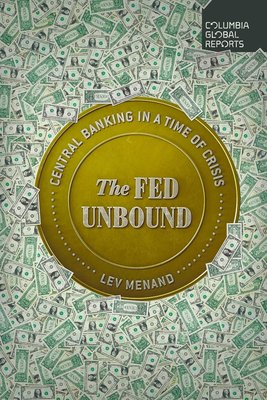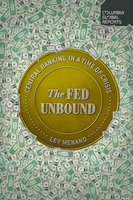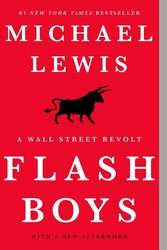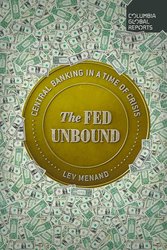A Radical Way of Thinking About Money
It’s been two weeks since the Silicon Valley Bank run, and we’re still feeling the ripple effects — not just at banks like Signature, First Republic and Credit Suisse, which are definitely taking a beating. Across the industry, too, banks are on edge, and regulators are rushing to keep the system together.
Every financial crisis is different. And every financial crisis is the same. Assets that a lot of people thought were safe — mortgage-backed securities in the 2008 crisis and long-term Treasury bonds in this latest bank run — end up not being so secure. When assets start failing, people panic. Usually, regulators pick up the pieces with some kind of bailout, and there are calls for more oversight. The theory goes that regulations should focus on keeping a couple of wayward institutions in line, and we’ve gone through this playbook over and over again. We’re going through it now, and it’s time we take a different approach to banking regulation.
Morgan Ricks is a law professor at Vanderbilt University who thinks those measures often miss the mark in addressing the problems baked into our banking system. He’s worked both on Wall Street and in the Treasury Department. He wrote the book “The Money Problem,” which reflects on the 2008 financial crisis. But the theory he presents in the book ends up being explanatory today.
We discuss what lessons banking regulators missed from the Great Recession; the need to panic-proof the entire financial system, as opposed to developing regulations around a systemic risk that he finds hard to define; why it’s important now to revisit the basics of banking, its relationship to creating money and the tendencies that get banks in trouble; the government’s role in insuring or backstopping deposits; what it would mean for the government to start treating money as a public good for us all; and more.






